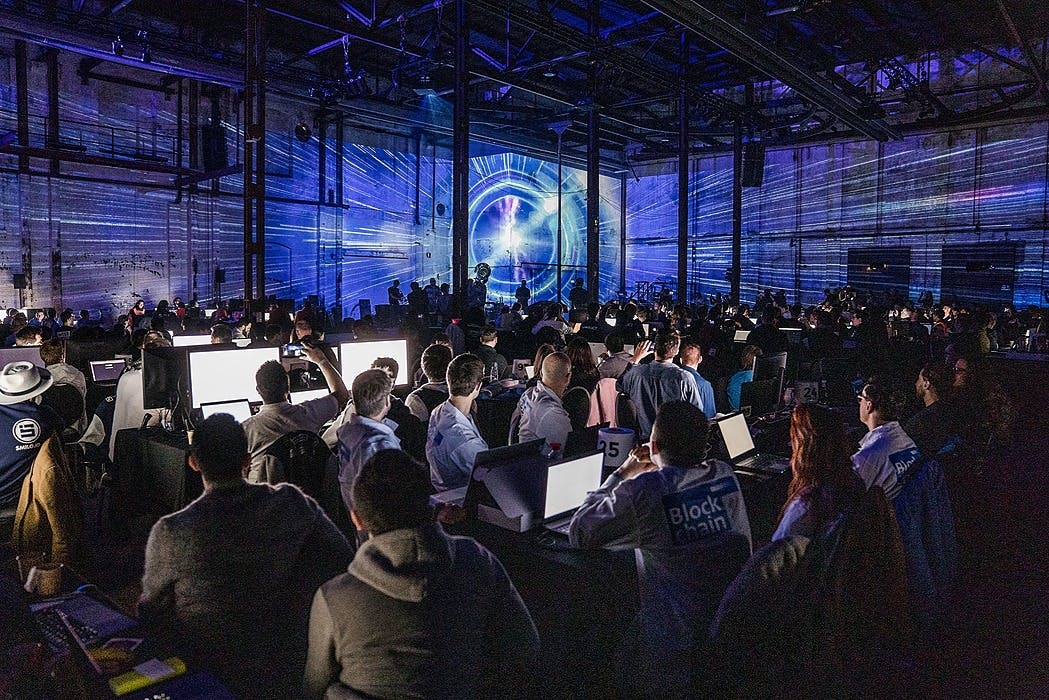609 reads
Hack for UN Sustainable Development Goals in Odyssey 2020
by
February 20th, 2020
Ecosystem for solving complex challenges. Odyssey Momentum coming up November 13-15, 2020.
About Author
Ecosystem for solving complex challenges. Odyssey Momentum coming up November 13-15, 2020.
